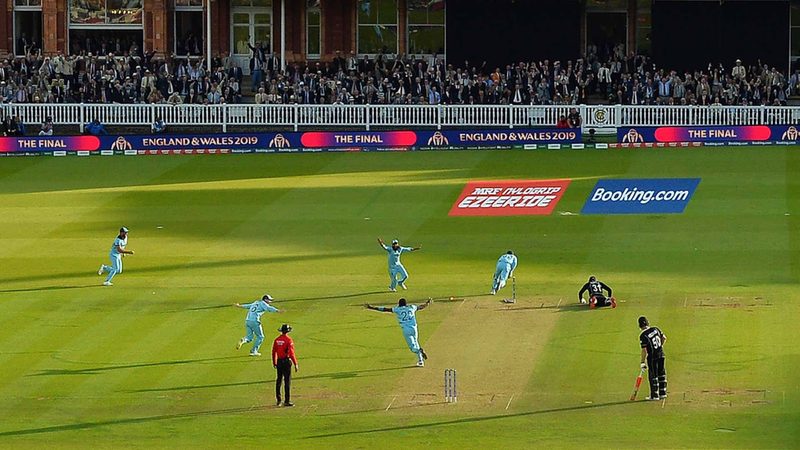
Months after the number of boundaries decided the 2019 ODI World Cup winners in the Final at the Lord's, the regulatory body, ICC, has revised the laws to do away with the controversial clause. As per ICC’s latest release, the Super Over regulations has been revised.
"In Semi-finals and Finals, there is one change to the Super Over regulation in keeping with the basic principle of scoring more runs than the opponent to win. The Super Over will be repeated until one team has more runs than the other," the ICC stated.
The controversy erupted over this relatively unknown rule when New Zealand, despite levelling scores with England in the World Cup Final at Lord's in July, lost owing to a lower boundary count. What was a rip-roaring World Cup Final turned into a damp squib as the laws interrupted the teams from fighting it out in another Super Over to decide the winners
Our heart goes out to the New Zealand fans and players who were at the receiving end of arguably the worst heartbreak in the history of World Cup cricket (sorry South Africa, you truly can't keep crying about the 1999 World Cup forever!).
Jimmy Neesham, a huge part in that Super Over, and the Final itself, was at his sarcastic best on Twitter after the law change announcement came.
Next on the agenda: Better binoculars for the Ice spotters on the Titanic https://t.co/nwUp4Ks3Mp
— Jimmy Neesham (@JimmyNeesh) October 14, 2019
The law itself shouldn't have existed in the first place. When the Super Over was implemented as a tie-breaker, the idea was to ensure that the teams were separated using their skills itself rather than by something like the boundary count.
With this particular law in place, the Super Over in itself is nearly rendered redundant. The boundary count could well have been used to identify the winner before the Super Over itself. Now, even with this rule done away with, the spoilsport it played in the exhilarating World Cup Final cannot be undone.
The widespread belief - except amongst England fans - is that the World Cup Final was unfairly decided. That damage and New Zealand's own mental wounds cannot be undone now and the hurt is evident in Neesham's tweet.
Now that the rule is revised, should we sit tight and accept it the way it is? Or is there a better way to find a winner. Playing Super Overs till the teams are separated very much replicates a penalty shootout. But the one thing that a shootout does isn't yet implemented in the Super Over rule - ruling out players from repeating kicks.
Harsha Bhogle suggested something similar when he tweeted on a unique way to eliminate players as the Super Over transcends levels.
I would prefer that in a subsequent super over, the players involved in the previous one aren't available.
— Harsha Bhogle (@bhogleharsha) October 14, 2019
Could this have been the change that ICC implemented? Given their history, it is likely that another law change will happen only after another disaster materialises.
Featured image courtesy: AFP / Glyn Kirk



























